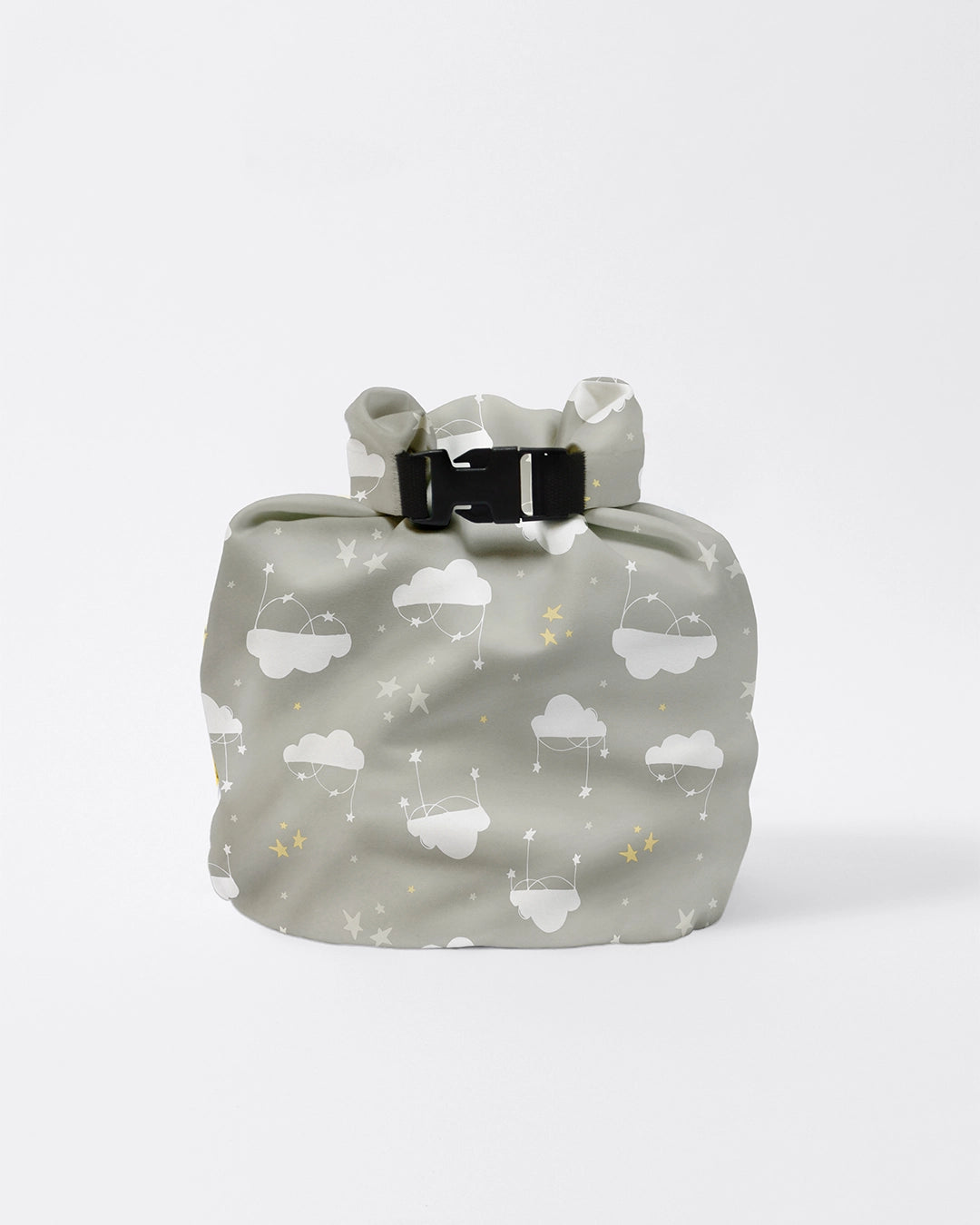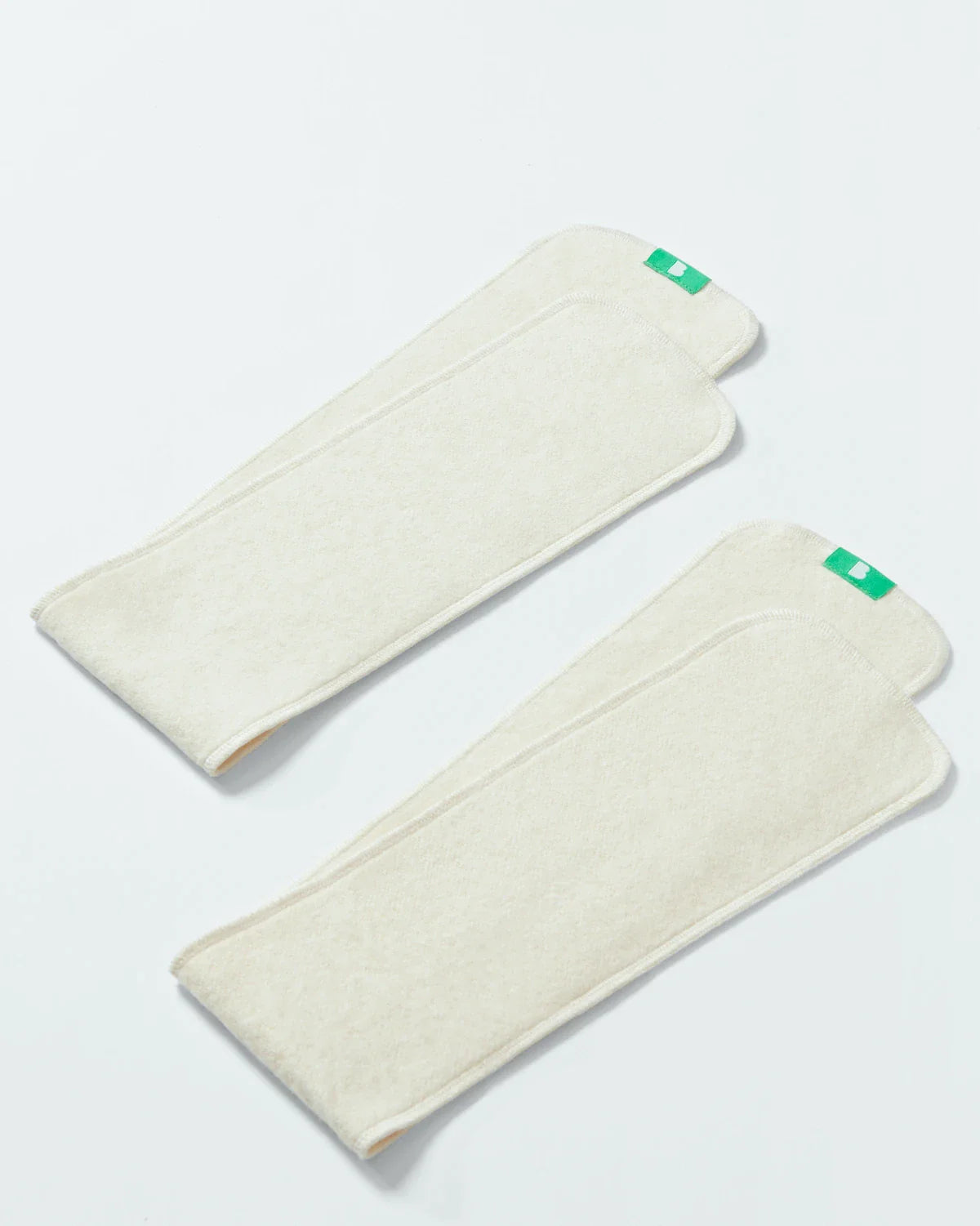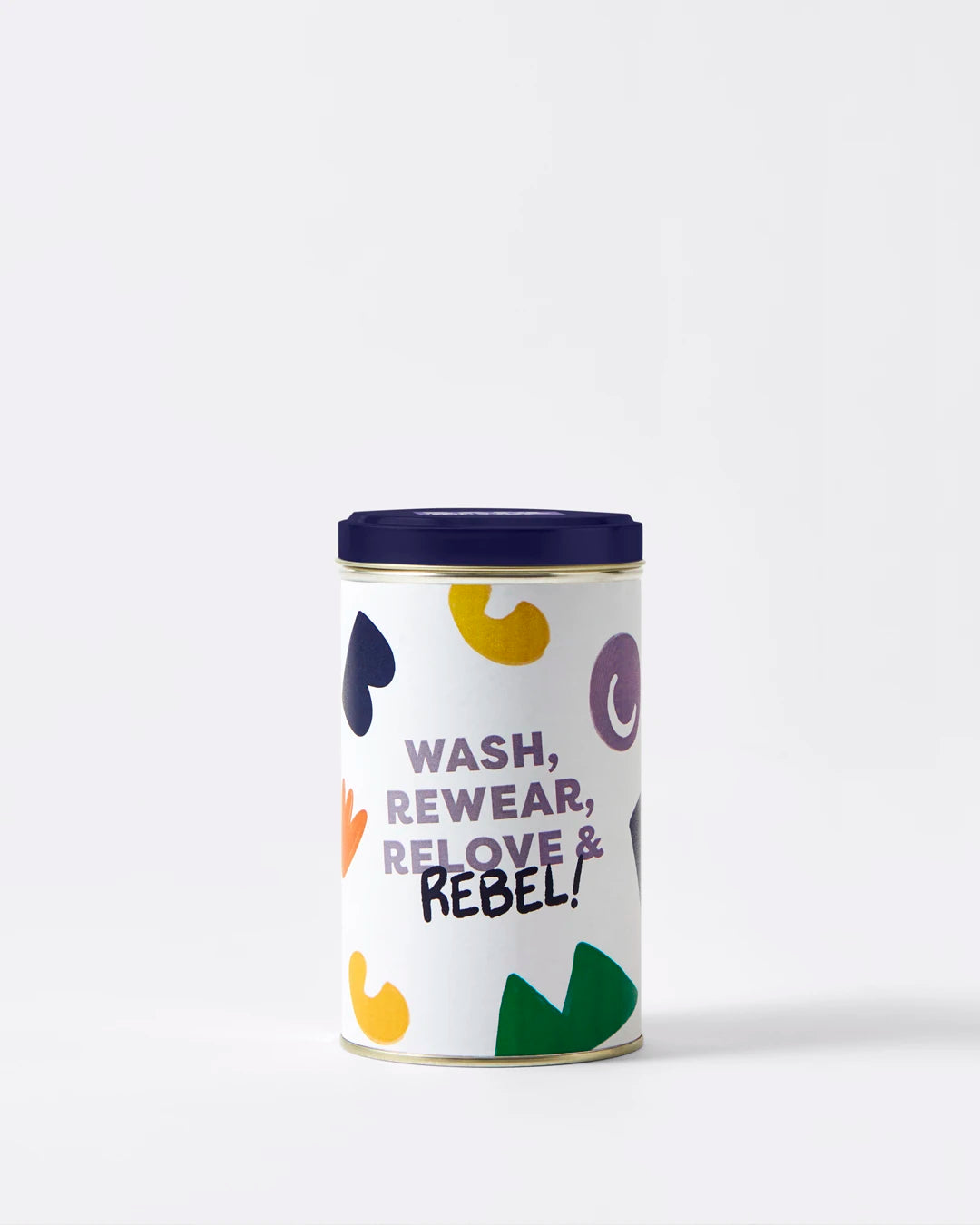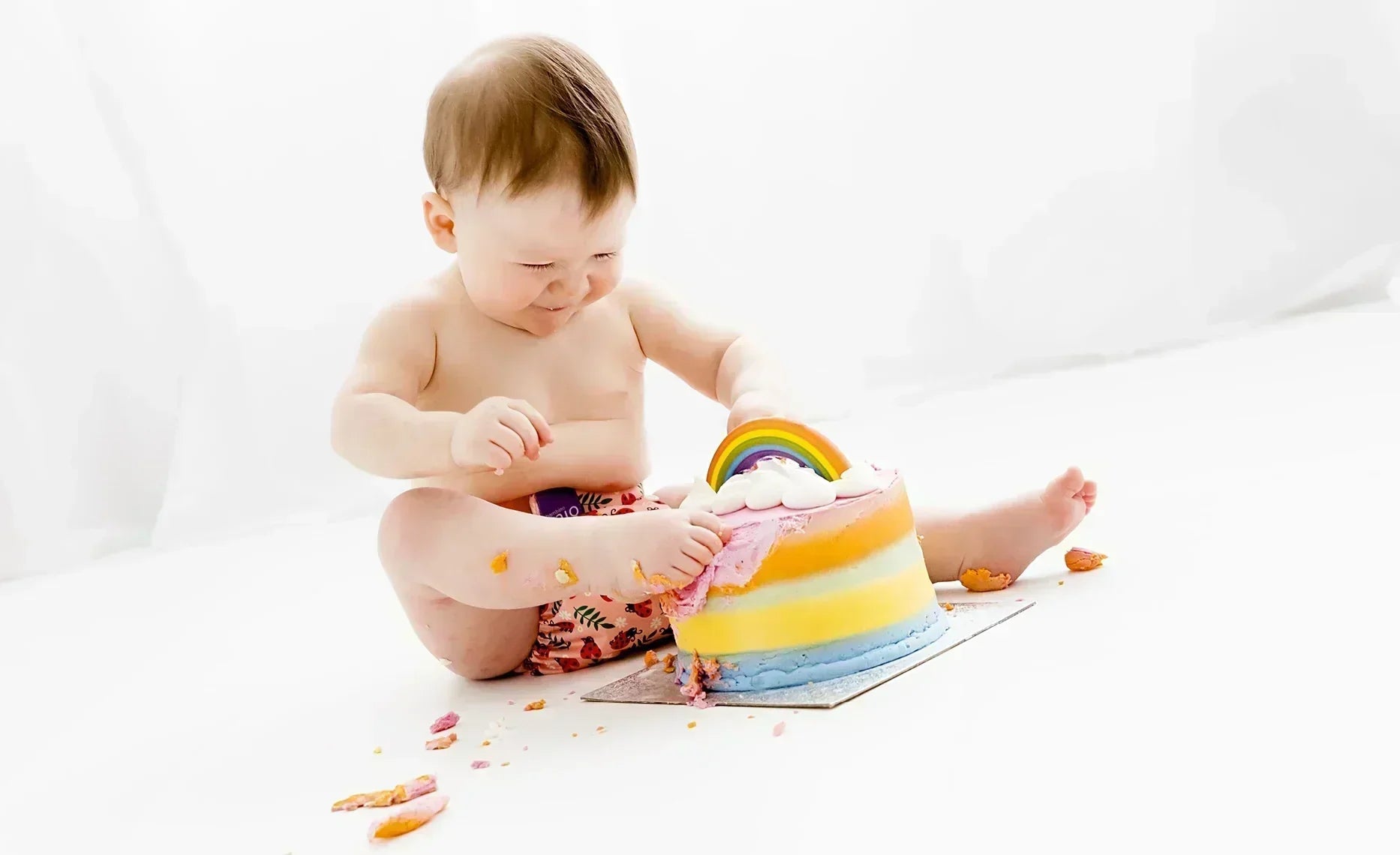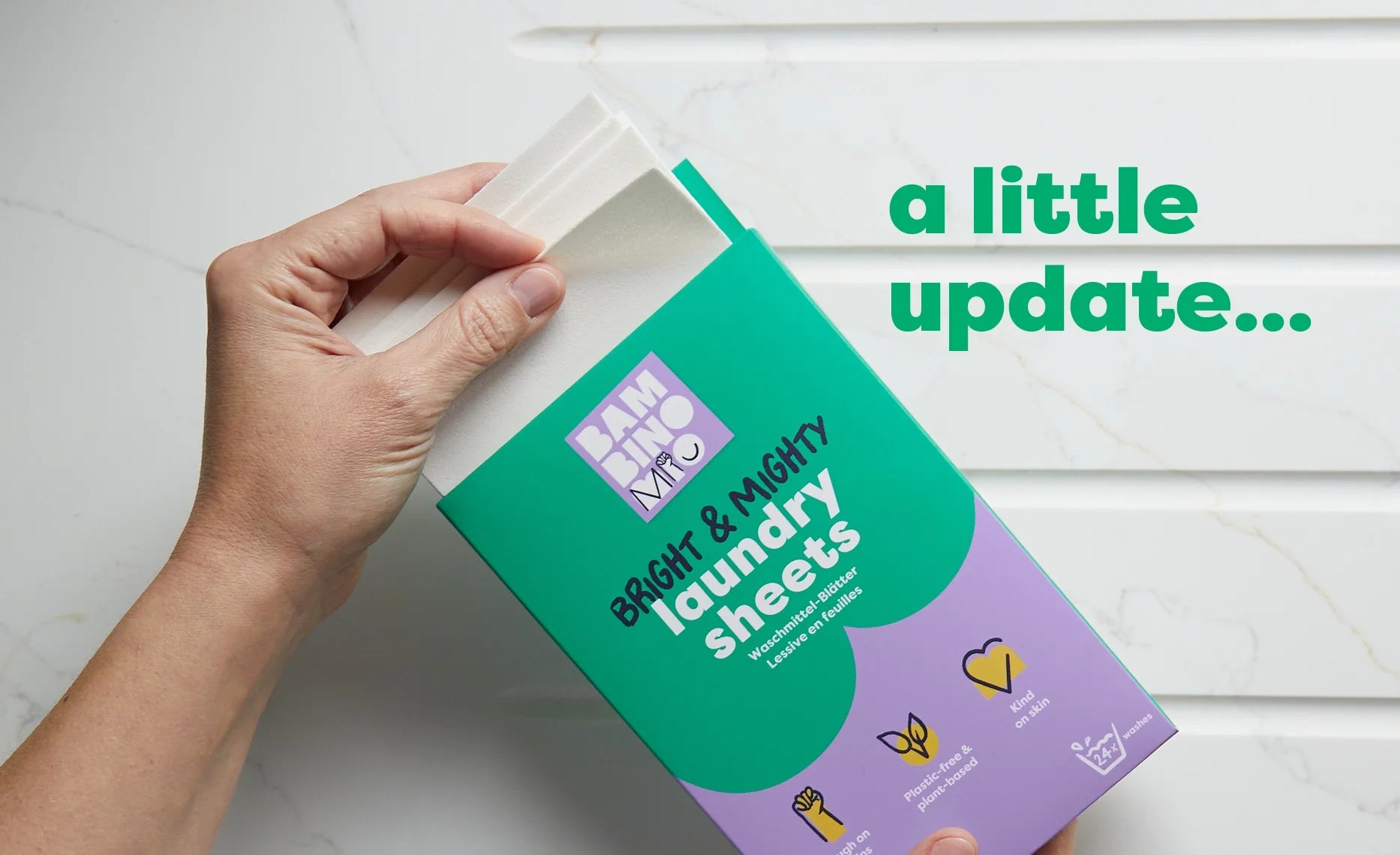How to Use an Ovulation Predictor Test
Share Options
- Bambino Mio
- 30 / 10 / 2023
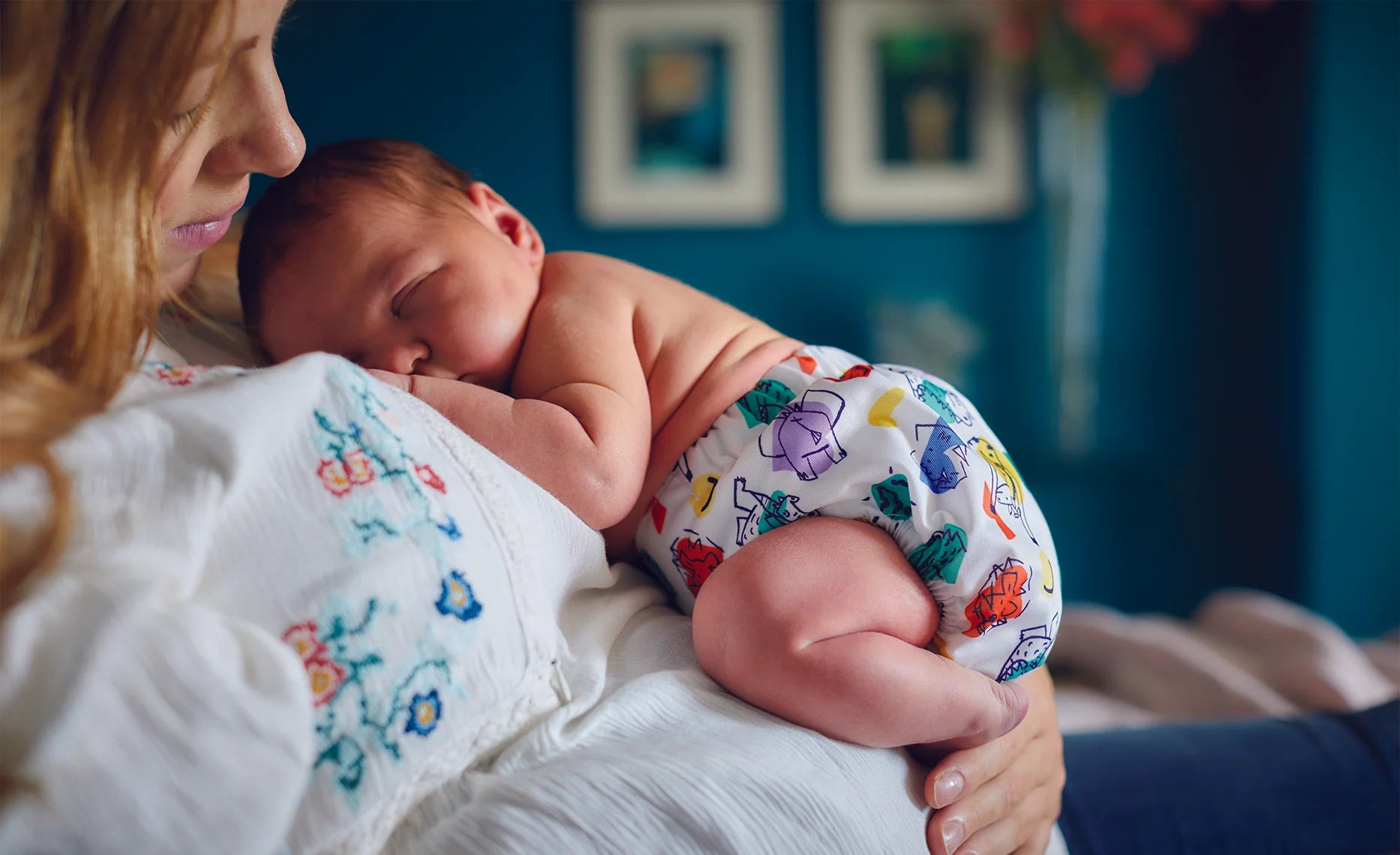
Inside this Article:
When you’re trying to conceive a baby, you’ll probably know about ovulation (1) - the monthly release of an egg from one of your ovaries.
You’ll also probably know that this egg is only viable for around 24 hours, so if you’re to maximise your chances of conception, you need to know when you’ll ovulate so you can choose the best time to have sex.
When does ovulation usually happen?
Your ovary will release an egg around the middle of your menstrual cycle (2), so if you have a 28-day menstrual cycle, you’ll ovulate around day 14.
However, if you have a shorter or longer cycle, or your cycle varies in length, it can be harder to pinpoint your ovulation day. A good way to predict when you’ll ovulate is to use an ovulation test.
What is an ovulation test and how does it work?
Also known as an ovulation predictor kit (OPK), an ovulation test is an at-home test you can use to find out if you’re releasing an egg.
OPKs work by detecting the levels of luteinising hormone (LH) in your urine. A sudden surge in LH “tells” your ovary to release an egg and so once your LH is over a certain level, you can assume ovulation will happen over the next day or so.
Using OPKs to predict your fertile period
It’s very easy to use an ovulation test. It’s a simple pee on a stick or pee in a cup test. Once you’ve peed on the stick or dipped the strip in your wee sample, you wait a few minutes to see if a test line appears.
Usually, if the test line is stronger than the control line, you’re having a surge of LH. If the test line is fainter (you always have some LH floating around), then you’re not ready to ovulate just yet.
When should you do an ovulation test?
As ovulation usually happens in the middle of your cycle, you should start testing for LH around ten days after the first day of your last period if you have a 28-day cycle and a few days before this if you have a shorter cycle.
For longer cycles you can always start ten days after the first day of your LMP, but for irregular cycles, take the length of your shortest recent cycle and work back from the midpoint to start testing.
How many times do I need to test?
You’ll probably need to do a few tests from day 10 (or whenever you start) to pick up the LH surge. Handily, most testing kits come with five or more tests so you can test every day if you want.
Handy tips for using ovulation tests
- Use your ovulation test between 12.00pm and 8.00pm because you have an LH surge in the morning and this is detectable in your urine around four hours later
- Make sure your wee is concentrated enough to maintain detectable levels of LH - don’t drink lots of water in the morning and aim for straw-coloured wee
- Follow the test instructions to the letter to help you to get the most accurate results
When you get a positive result, you should have sex that day and, if possible, for the next two or three days, as ovulation usually happens between 12 and 36 hours after the LH surge.
How accurate are OPKs?
Ovulation tests are very accurate, but all they show is that your LH is high enough to trigger ovulation. They don’t give you a guarantee of conception even if you have sex during your fertile window as there are lots of other factors at play.
Used correctly, however, OPKs are a cheap, simple way to maximise your chances of conception because you’ll know when the best time to have sex is.
Citations and References
(1) Healthline. ‘What is Ovulation. What to Know About Your Menstrual Cycle. 2022. Web. www.healthline.com/health/womens-health/what-is-ovulation
(2) National Health Service (NHS). ‘Periods. Periods and Fertility in the Menstrual Cycle.’ 2023. Web. www.nhs.uk/conditions/periods/fertility-in-the-menstrual-cycle






















